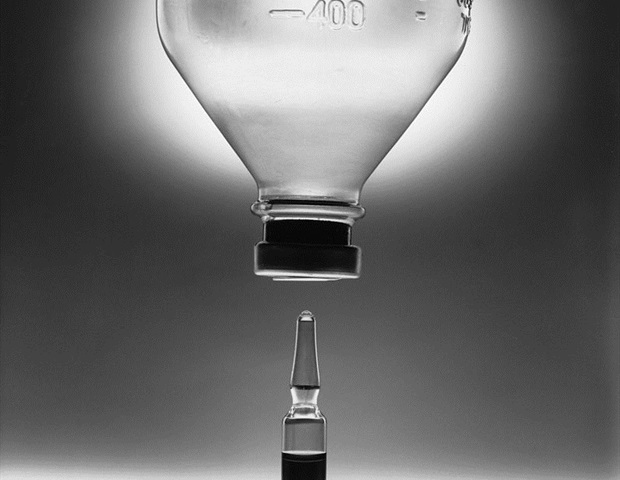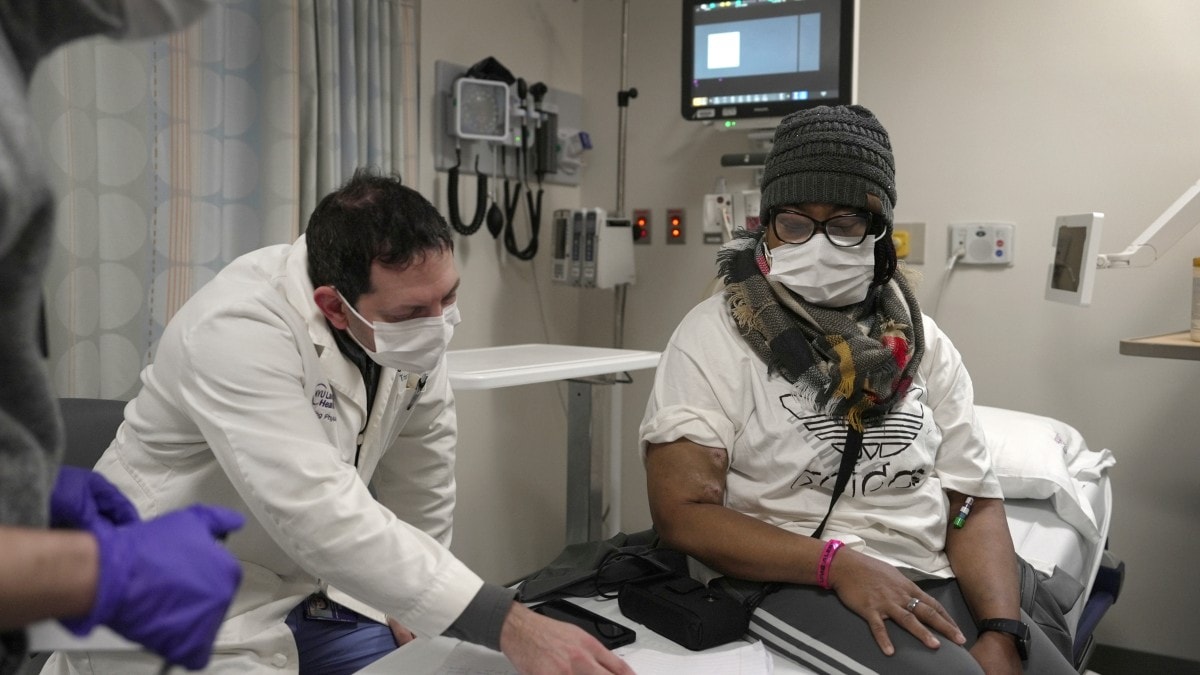Patients with metastatic colorectal cancer (mCRC) harboring BRAF V600E mutations benefitted from first-line treatment with the targeted therapies encorafenib and cetuximab plus a mFOLFOX6 chemotherapy regimen, according to results from the Phase III BREAKWATER trial led by researchers at The University of Texas MD Anderson Cancer Center. The findings, presented today at the American Society of Clinical Oncology Gastrointestinal Cancers (ASCO GI) Annual Symposium and published in Nature Medicine , demonstrated a 60.9% overall response rate (ORR) with the three-drug combination compared to 40% with the standard-of-care (SOC) treatment – chemotherapy with or without bevacizumab.
In the experimental arm, 68.7% of patients had a duration of response of at least six months, compared to 34.1% of patients in the SOC arm.
Data from this multi-institutional collaboration across 28 countries supported the accelerated approval of this combination by the Food and Drug Administration (FDA) in Dec. 2024, providing an effective new first-line treatment option for patients with BRAF V600E-mutant mCRC. Chemotherapy has had limited efficacy as a first-line treatment in controlling the aggressive tumor growth we see in patients with this mutation .
This new regimen highlights the importance of combining dual-targeted therapy with chemotherapy to improve patient outcomes in the first-line setting, and the durable responses are a significant development as we work to improve quality of life for .



















